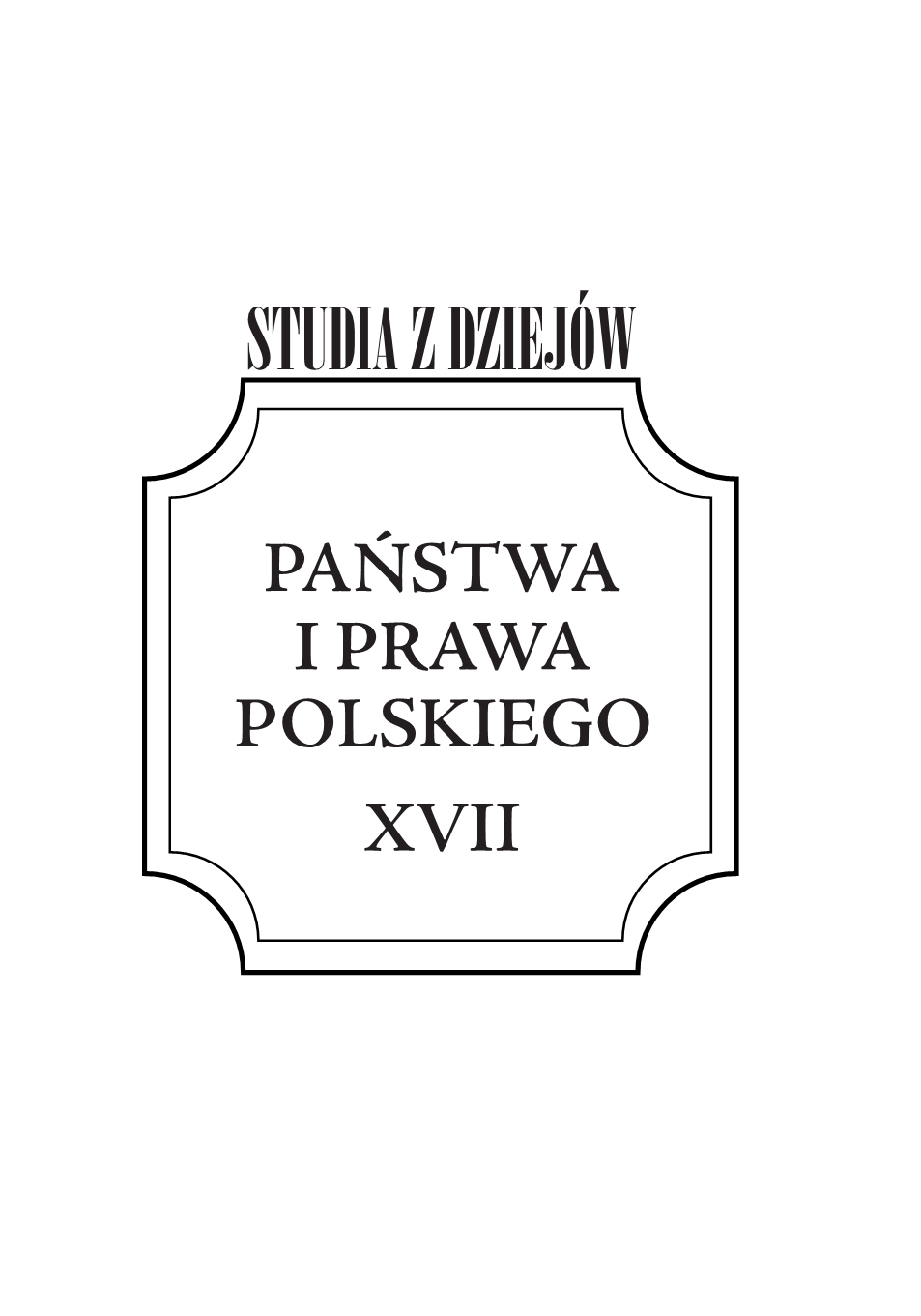Międzywojenne piśmiennictwo i orzecznictwo we współczesnych podręcznikach prawa karnego oraz komentarzach do kodeksu karnego
Literature and court judgements from between the two world wars in contemporary course books of criminal law and commentaries to the criminal code
Author(s): Maciej RakowskiSubject(s): History of Law, Criminal Law, History of Education, Interwar Period (1920 - 1939)
Published by: Oficyna Wydawnicza KA AFM
Keywords: criminal law; Second Republic of Poland; legal literature; judgements of the Supreme Court of the Second Republic of Poland; teaching criminal law in the Second Republic of Poland;
Summary/Abstract: The author of the article seeks an answer to the question whether the works published in the recent years make reference to the achievements of the Polish criminal law science from the time between the two world wars. The study focuses on the most common publications, that is academic course books (designed for students) and commentaries on the code (addressed to practitioners). They contain fairly numerous references to the works of criminal lawyers active in the Second Republic of Poland (usually Juliusz Makarewicz, Wacław Makowski, Leon Peiper, Stefan Glaser, and Aleksander Mogilnicki). The course books in criminal law present basic questions and therefore the rulings of the courts (also contemporary) are hardly ever quoted in such publications. References to the judgements of the Supreme Court of the Second Republic of Poland, also from the pre-code period, are in turn present in the contemporary commentaries to the criminal code. The materials gathered allow the statement that various contemporary authors, also co-authors of collective works, make use of the achievements of the criminal lawyers of the Second Republic to a different degree. It is worth noting that if a recently published work contains references to pre-war literature on the subject and court judgements, it usually draws conclusions different from those of other authors. Such a status quo proves that bygone literature and judgements are still useful for the interpretation of the binding regulations of criminal law.
Journal: Studia z Dziejów Państwa i Prawa
- Issue Year: XVII/2014
- Issue No: 1
- Page Range: 287-302
- Page Count: 16
- Language: Polish

